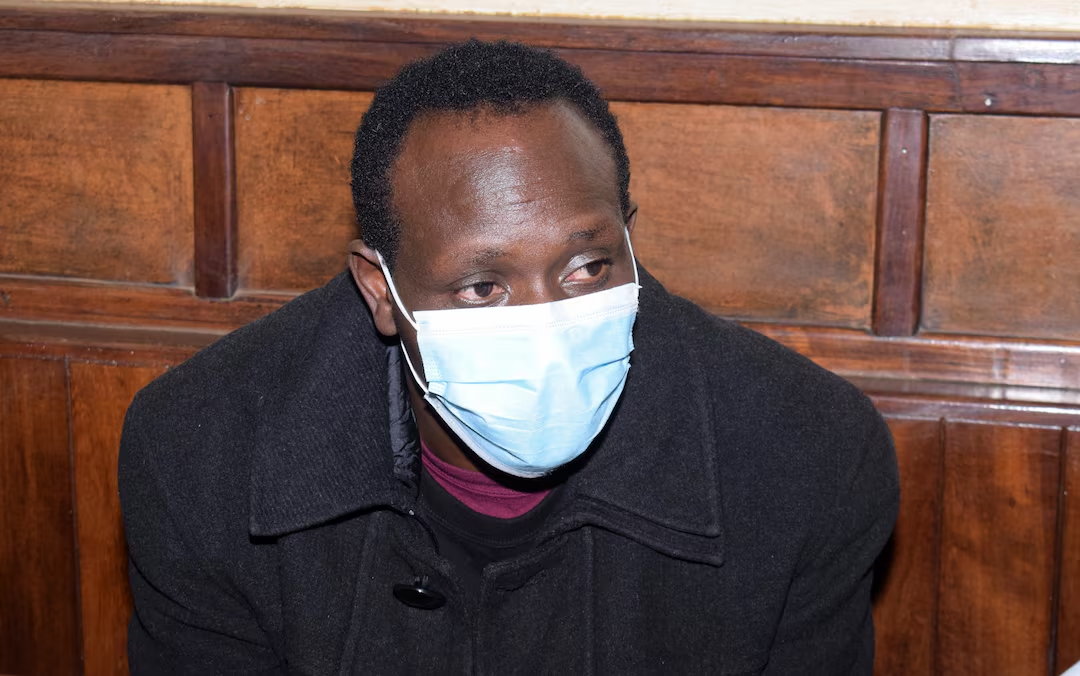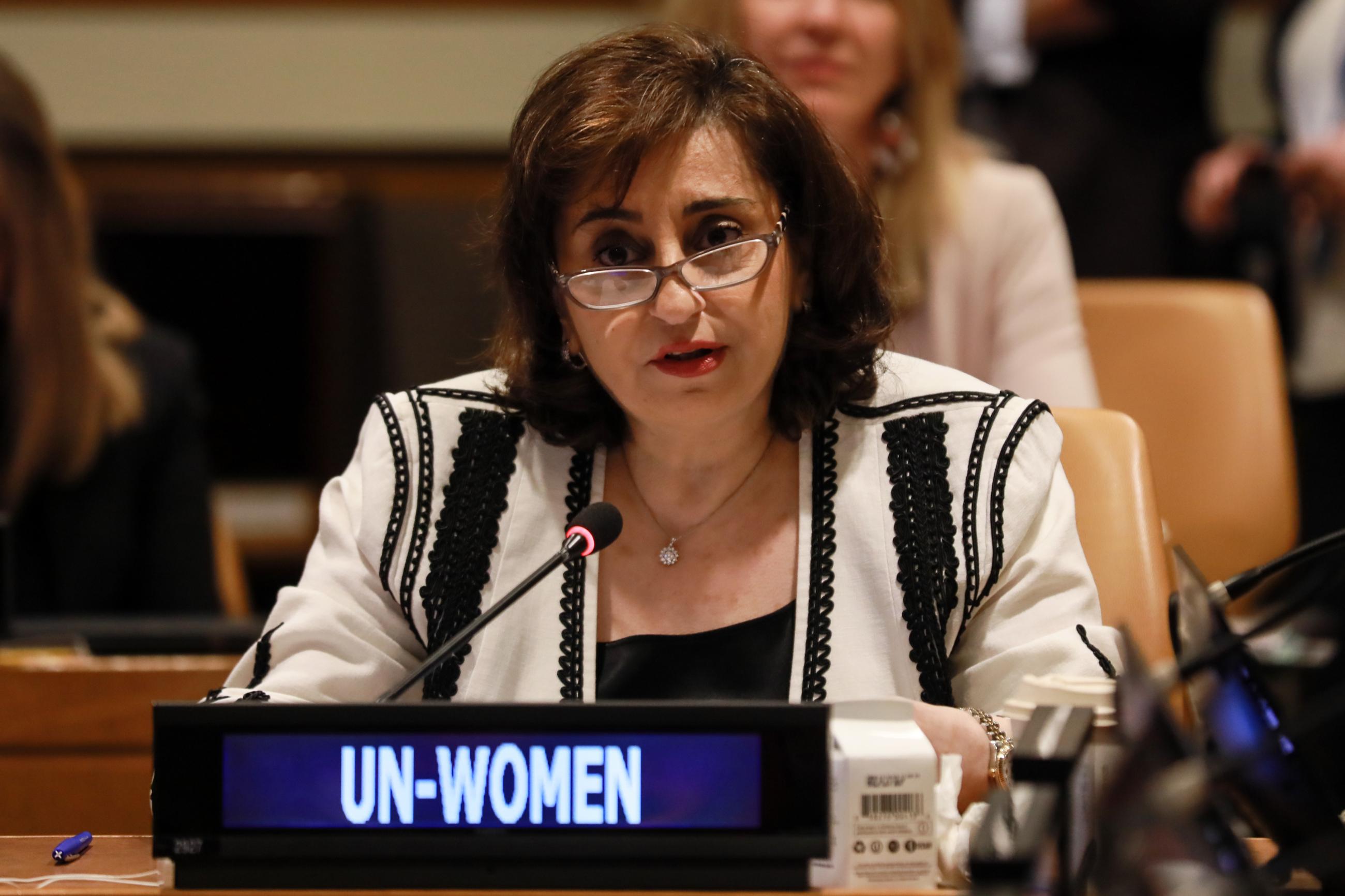Hepatitis B: The overlooked health crisis silently spreading across Kenya and Africa

Over 70 million people in the WHO African Region live with chronic hepatitis B or C, 63 per cent of the global burden, yet fewer than 10 per cent are diagnosed or receiving treatment.
Hepatitis B continues to be one of the most neglected health crises in Kenya and across Africa, despite its devastating toll.
More than 70 million people in the WHO African Region live with chronic hepatitis B or C, accounting for 63 per cent of the global hepatitis burden. Yet, fewer than 10 per cent of those infected are diagnosed or receiving care.
More To Read
- Somalia issues nationwide alert as hepatitis cases surge
- Tanzania launches diplomatic push for Prof Mohamed Janabi to head WHO Africa office
- Tanzania's Faustine Ndugulile, WHO Regional Director-elect for Africa, dies
- Understanding jaundice in newborns, its causes and treatment
- Mother-to-child transmission leading cause of Hepatitis B spread despite availability of vaccine
- Rwanda, Tanzania nominate candidates for WHO Regional Director for Africa position
In Kenya, the virus spreads silently, often going undetected until it causes severe complications such as liver failure or liver cancer.
According to the World Health Organisation (WHO), hepatitis B is a viral infection that attacks the liver, caused by the hepatitis B virus (HBV). It can cause both acute and chronic illness. If left untreated, chronic hepatitis B can lead to life-threatening complications.
The virus is transmitted through contact with infected blood or body fluids—commonly via mother-to-child transmission at birth, unsafe injections, sexual contact, or the sharing of sharp objects.
Silent progression
One of the key dangers of hepatitis B is its silent progression.
In the early stages, especially in infants and young children, the disease often shows no symptoms. When symptoms do appear, they can be subtle and easily confused with other illnesses—fatigue, poor feeding, abdominal discomfort, dark urine, or mild jaundice.
In adults, early symptoms may include fever, fatigue, nausea, loss of appetite, abdominal pain, dark urine, and yellowing of the skin or eyes (jaundice). Still, many adults remain unaware of their infection until the disease has progressed.
A study published in Frontiers in Public Health in January 2023 shed light on just how widespread hepatitis B is in Kenya—and how silently it spreads.
Researchers reviewed 50 studies conducted over 30 years, covering over 108,000 individuals across the country.
Their findings were stark: nearly 8 out of every 100 Kenyans are living with chronic hepatitis B—about 1 in 13 people. This confirms the infection is far more common than most people realise.
No symptoms at first
Hepatitis B attacks the liver and often causes no symptoms at first. But over time, it can lead to serious liver damage, including cancer, liver failure, and death. Its danger lies in the fact that many people don’t even know they are infected.
The study also revealed that certain groups are at significantly higher risk.
People with jaundice—a visible yellowing of the skin and eyes—showed infection rates above 40 per cent. Among people living with HIV, about 8 per cent were co-infected with hepatitis B. Even among healthy blood donors, the infection rate was over 4 per cent.
A particularly alarming finding was the lack of data on children and infants, despite their high vulnerability. Babies can contract hepatitis B from their mothers during birth.
Vaccination at birth
Without vaccination within 24 hours of birth, they face a high risk of developing chronic infection. Yet, limited research on this age group means there are still gaps in understanding how well newborns in Kenya are being protected.
The study also examined the virus strain circulating in Kenya. Genotype A1—the most common form—was found to cause more severe disease. In some cases, the virus doesn’t show up on standard tests, a condition known as occult hepatitis B. This means many people may unknowingly be infected.
Researchers called for expanded testing, particularly for pregnant women, people living with HIV, and those showing liver disease symptoms.
They also urged health authorities to ensure every newborn receives the hepatitis B vaccine within 24 hours of birth, and to integrate hepatitis B testing and care into routine health services, especially in HIV and maternal care clinics.
One major reason hepatitis B remains neglected is its silent nature. Unlike diseases like HIV, malaria, or tuberculosis, which tend to present clear symptoms and have received strong donor attention, hepatitis B often remains hidden for years. Without symptoms, most people never seek testing.
Misinformation and stigma
Public awareness is also low. Many Kenyans have never heard of hepatitis B. Among those who have, misinformation and stigma are widespread. In some communities, hepatitis is confused with HIV or blamed on immoral behaviour or witchcraft—myths that discourage people from seeking help and allow the disease to spread.
Systemic challenges also hinder care. Diagnostic services such as HBV DNA testing or liver monitoring are limited and expensive.
Antiviral medications are not consistently available in public health facilities. Many healthcare workers lack training to diagnose or treat hepatitis, leading to missed opportunities for intervention.
Vaccination coverage is patchy in many regions. The birth-dose vaccine—which is critical for preventing mother-to-child transmission—is not routinely administered in Kenya, despite WHO recommendations.
Slow implementation
Although Kenya has a national hepatitis strategic plan, implementation has been slow, and funding remains inadequate.
As the world marks World Hepatitis Day 2025, attention turns to this silent but devastating epidemic.
More than 304 million people globally live with chronic hepatitis B or C, diseases that are both preventable and treatable. Yet many remain undiagnosed and untreated.
“Every statistic is a person whose future is under threat,” says Dr Mohamed Janabi, WHO Regional Director for Africa.
Africa carries a disproportionate share of the global burden. In the WHO African Region, more than 70 million people are infected with hepatitis B or C. Still, fewer than 10 per cent know their status or receive appropriate care.
One of the most urgent challenges is prevention. Just 45 per cent of newborns in Africa receive the hepatitis B vaccine within 24 hours—a simple but essential step in preventing lifelong infection.
“To effectively break down hepatitis in the African Region,” Dr Mohamed emphasises, “we must ensure that every child receives the hepatitis B birth dose, ideally within 24 hours.”
Human cost
The human cost of inaction is staggering. In 2024 alone, 1.3 million people died from complications of chronic hepatitis B and C, including liver cancer and liver failure.
“When left unchecked, viral hepatitis leads to devastating outcomes—outcomes that we can and must prevent,” Dr Mohamed says.
There are, however, signs of progress. In 2024, Namibia became one of the first African countries to receive WHO silver-tier certification for eliminating mother-to-child transmission of hepatitis B.
“Thousands of mothers now have the assurance that their babies are starting life protected,” Dr Mohamed noted. “It is a powerful reminder that with political commitment, investment and innovation, change is within reach.”
Raising awareness
Across Africa, momentum is building. Countries are integrating hepatitis services into HIV, maternal, and primary care. Community health workers are raising awareness, while national campaigns challenge stigma and misinformation.
WHO is working closely with governments to expand testing and treatment, introduce birth-dose vaccines, and strengthen primary healthcare systems.
But Dr Mohamed says more must be done: “We must go further, and we must go faster.”
To truly dismantle barriers to care, WHO calls for universal hepatitis B vaccination at birth, integration of testing and treatment into routine care, sustainable funding for national hepatitis plans, and robust public education to combat stigma and misinformation.
It also stresses the need for legal and social protections against discrimination in healthcare and society.
“The time to act is now. Governments must prioritise hepatitis elimination, and international partners must step up their support. We have the knowledge. We have the tools. What we need now is the will,” Dr Mohamed urges.
Top Stories Today











































